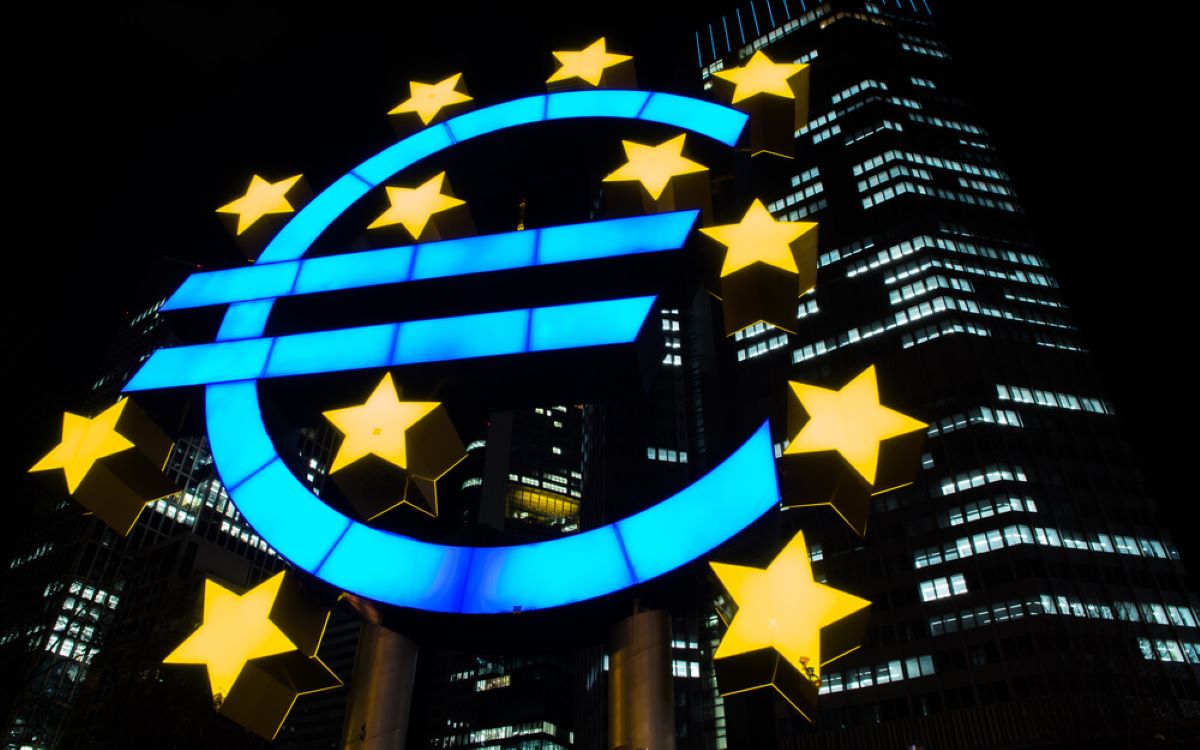The European Central Bank (ECB) announced a rate hike of 25 basis points to 4.25 percent. This is the ninth consecutive time the central bank has sought to combat persistent inflation in the eurozone.
Lending rates have not reached this level since 2008, and have never exceeded it in the history of the ECB since its inception in early 1999. The interbank rate has also not reached this level since October 2008, during the global financial crisis.
A rate hike was widely expected, and the bank’s president, Christine Lagarde, had previously hinted at a rate hike this month. The ECB will now lend to central banks at an interest rate of 4.25 percent, and money deposited by banks with the central bank will receive an interest rate of 3.75 percent in the future.
In its statement, the ECB explained that “inflation continues to fall, but is still expected to remain very high for a very long time,” stressing its intention to ensure a return to the target level of 2 percent “in due course.”
Previous interest rate hikes continue to take their toll on the economy as lending conditions tighten and demand falls further, “an important factor in bringing inflation back to target,” and the bank will continue to take a data-driven approach to determine the appropriate level and duration of the restriction, the statement said.
European Central Bank President Christine Lagarde warned that Russia’s decision to pull out of a landmark grain export deal from Ukraine could push up food prices and exacerbate inflation. She said the withdrawal carried the “risk of rising inflation”.
She said it would be “open” in its upcoming decisions on interest rates, noting that the financial institution “may decide to stop this measure” after several hikes.
“We will be very open in terms of decisions that will be made in September and in the following meetings,” which will depend on available economic data, she said.
“We are moving to a stage where we rely on economic data” in which it will be decided “whether to raise rates or if we will stop doing so,” Lagarde said, adding: “We may decide to increase or stop. That will be subject to meetings”… She stressed that the Board of Governors will in no way reduce its rates at future meetings.
Read: ECB increases Eurozone interest rate in effort to stabilize economy
The central bank’s rate hike came despite inflation in the eurozone falling in June to a 15-month low as a result of lower energy prices, declining to 5.5 percent from 6.1 percent in May. However, those rates are still far from the ECB’s 2 percent target.
The euro continued to rise against the dollar after the central bank’s decision. German short-term bonds led the rally, and the yield on two-year securities – the most affected by monetary policy decisions – fell 8 basis points to 3.05 percent.
The ECB’s decision comes after the Federal Reserve raised interest rates by 25 basis points to the highest level since 2001, after temporarily halting rate hikes in June for the first time in 15 months.
For more on the economy, click here.








